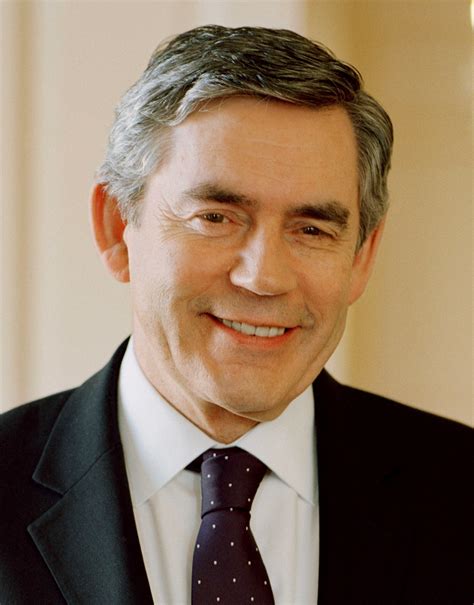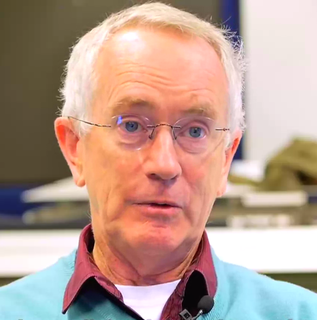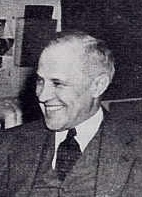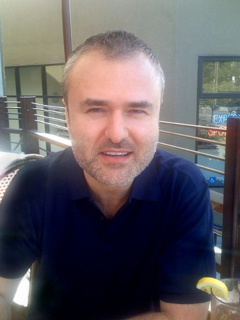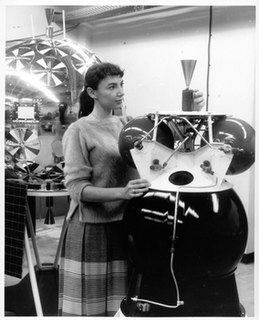A Quote by Azim Premji
You have students in America, in Britain, who do not want to be engineers. Perhaps it is the workload, I studied engineering, and I know what a grind it is.
Related Quotes
Engineering is not merely knowing and being knowledgeable, like a walking encyclopedia; engineering is not merely analysis; engineering is not merely the possession of the capacity to get elegant solutions to non-existent engineering problems; engineering is practicing the art of the organizing forces of technological change ... Engineers operate at the interface between science and society.

